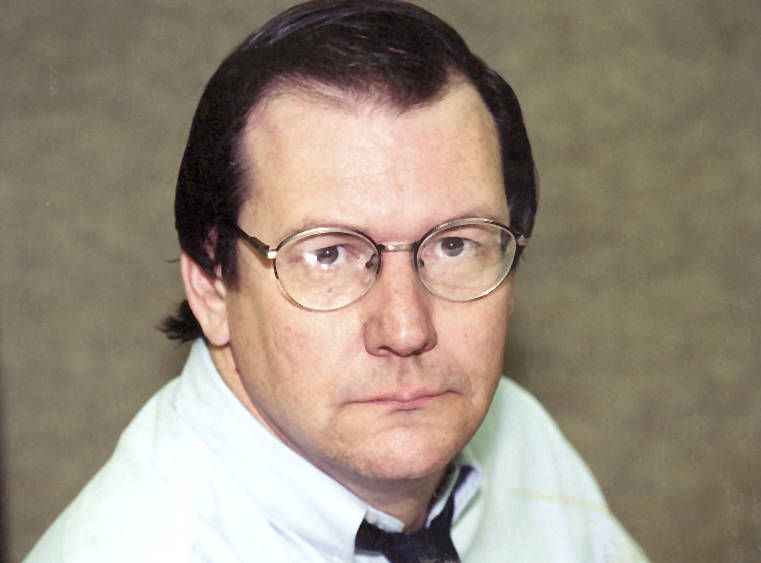Bad ideas, like bad pennies, keep coming back
Senate Bill 298 at this year’s Nevada Legislature would require welfare recipients to undergo drug tests. This does not, unfortunately, mean that Elon Musk and Mark Davis would have to take drug tests. It should, but it doesn’t.
The measure, sponsored by Sen. Michael Roberson, requires recipients of “public assistance” to pass a saliva drug screen and a urine test. Yes, Musk and possibly Davis are recipients of public assistance, but not as that term is defined in Nevada Revised Statutes.
I have known a lot of welfare recipients. Not one fit the stereotype. All had a miserable existence that would have been made more miserable by drug testing.
One of those I met was a young woman who had been married to a man with an awful drug habit. When he finally was out of the household, she was left raising their two children alone, which initially meant going to school and working whenever she could. Nevada welfare payments are so low that they nearly kept her on welfare for years, which is what they do to many recipients. They can’t get enough traction to escape welfare. The legislators who set payment levels think they are punishing the recipients, and in a way they are. They are also punishing the taxpayers.
Sliding drug tests into this existence would have done nothing for the state or the mother except eat up time that would have been more profitably used on work or studying.
Anyway, the young mother finally escaped welfare, not as a result of Nevada’s progressive policies, but as a result of a small inheritance from a relative. One of the first things she did was send a contribution to the domestic abuse agency that had helped her escape her husband. Then she finished up school and began a productive life as a working person.
As it happens, state welfare drug testing programs are pretty much useless. The average of U.S. citizens who do drugs is nearly 10 percent of the population. In nearly every state with drug testing for welfare recipients, the number who test positive is less than 1 percent.
In a Michigan pilot program, when 443 welfare recipients suspected of drug use were tested, not one tested positive.
In Arizona, 87,000 people were drug tested. One person tested positive. The cost of this program was disputed — from $1.7 million to $3.6 million. Either way, it was not cost-effective unless a value is placed on the political usefulness of scoring points against welfare recipients.
None of this is a surprise or a secret. These bills have been heard in Nevada Legislature committees before and gone nowhere. But the lure of afflicting the unpopular poor is irresistible. When in 2013 Douglas County Sen. James Settlemeyer introduced a welfare drug testing bill, only three states had such programs. Two years later it was seven. Today it is 15. You can’t keep a bad idea down.
Simple common sense would have told state legislators that while the Elon Musks and Mark Davises of this world have plenty of disposable cash for drugs, welfare recipients do not. But then, the purpose of these programs is not to catch drug users, anyway. It is to catch votes.
Dennis Myers is an award-winning journalist who has reported on Nevada’s capital, government and politics for several decades. He has also served as Nevada’s chief deputy secretary of state.

















